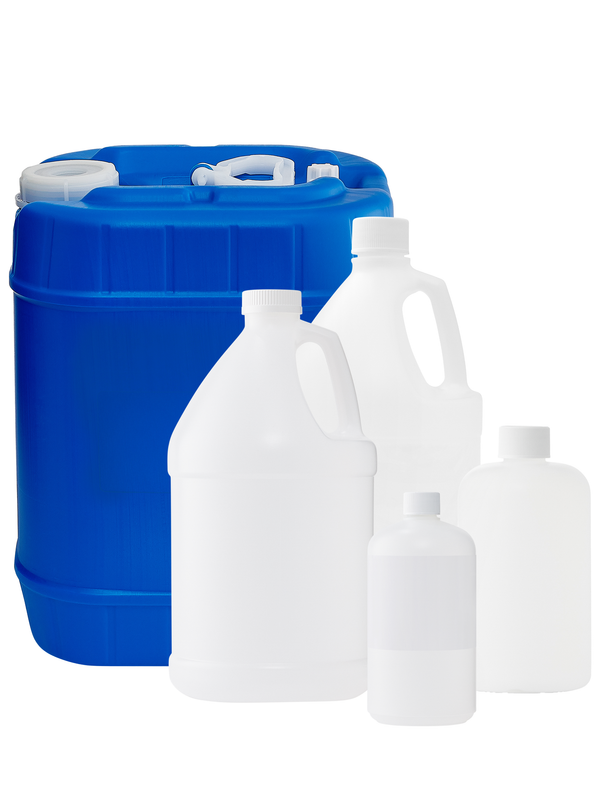
Business Support
EDTA Free Acid Reagent Grade
Also Known As Ethylenediaminetetraacetic Acid
For questions regarding lead time, please contact a member of our Customer Care Team at customercare@laballey.com
Business Support
Description
About EDTA Free Acid Reagent Grade
Ethylenediaminetetraacetic Acid (EDTA), also known as Edetic Acid, has the chemical formula C10H16N2O8. It appears as a white solid crystalline powder. It is slightly soluble in Water at ambient conditions. EDTA is a weak acid that is an Aminocarboxylic Acid and is formed when Ethylenediamine is condensed with Sodium Monochloroacetate in the presence of Sodium Carbonate. It is usually known as a hydrophilic chelating agent to transform metal ions into cyclic, inactive metal complexes.
Chemically pure or Laboratory reagents are two terms often used to describe Reagent Grade chemicals. Reagent Grade chemicals do not meet any accepted quality or purity requirements such as the ACS Grade, the USP Grade, and the FCC Grade, despite their acceptable purity.
COMMON USES AND APPLICATIONS
- Therapeutic metal chelating agent
- Blood anticoagulant
- Personal care products
- Detergents
- Chemical analysis reagent
- Food preservative
PRODUCT INFORMATION
Customer Reviews and Q&A
Safety and Shipping
Please contact us to request a SDS and Certificate of Analysis (COA) for EDTA Free Acid Reagent Grade.
Business Support
Built for Business.
At Lab Alley, we simplify procurement with custom quotes, credit applications, tax exemptions, and fulfillment support, ensuring on-budget, on-time delivery - your success is our priority.
Apply for Credit
A Lab Alley credit account streamlines purchasing for your business. Our Customer Success Team is available to help you through every step of the process.
Request a Custom Quote
Get a fast, customized quote tailored to your specific needs. Our team ensures accurate pricing and availability to help streamline your purchasing process.

Additional Business Resources
Lab Alley provides access to essential certifications, documents, and other resources to support your business.

Create a Lab Alley Account

RECEIVE exclusive offers, promotions, and discounts on chemicals.

Always have the product you need, when you need it with our AUTOSHIP program.









